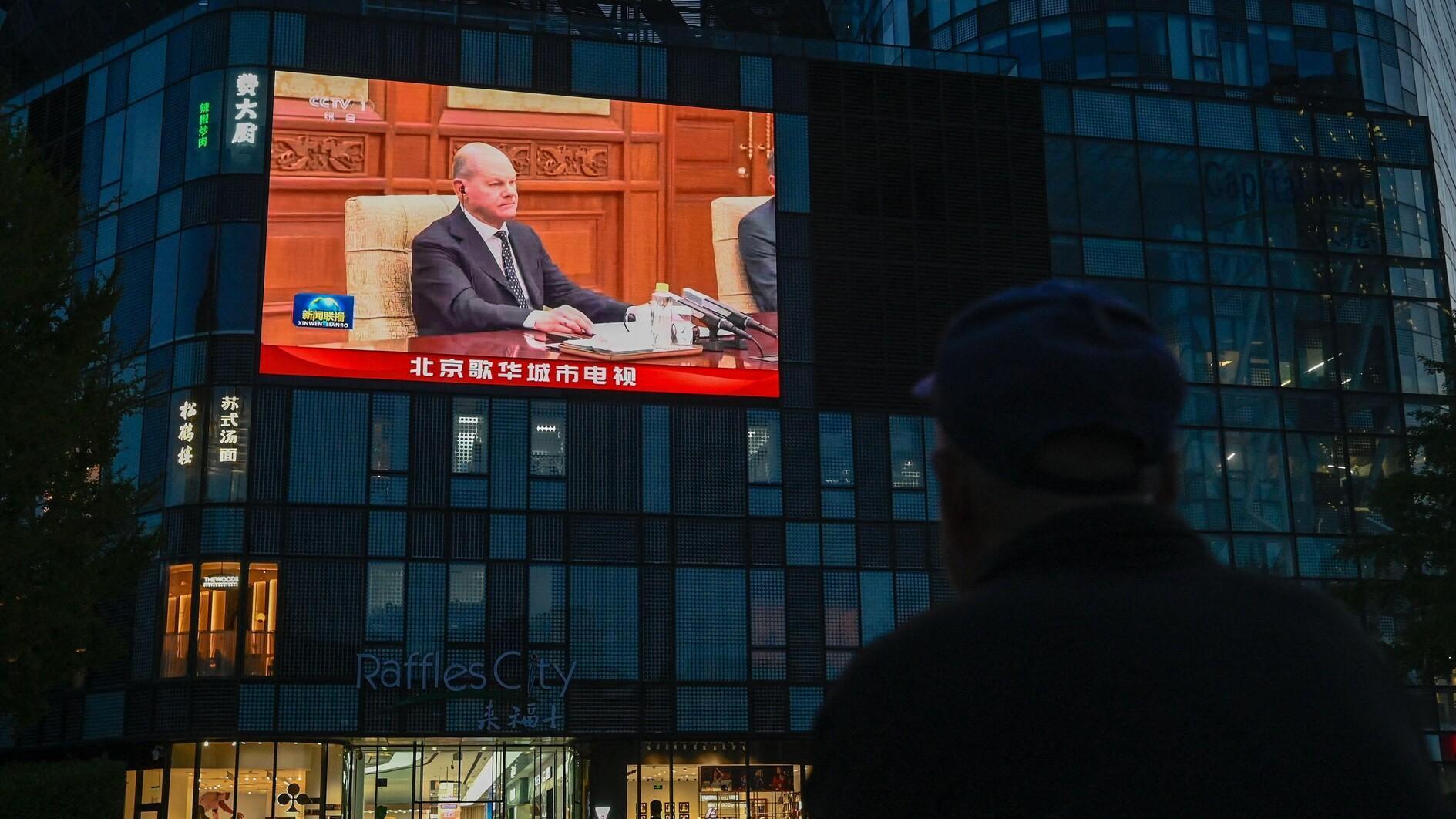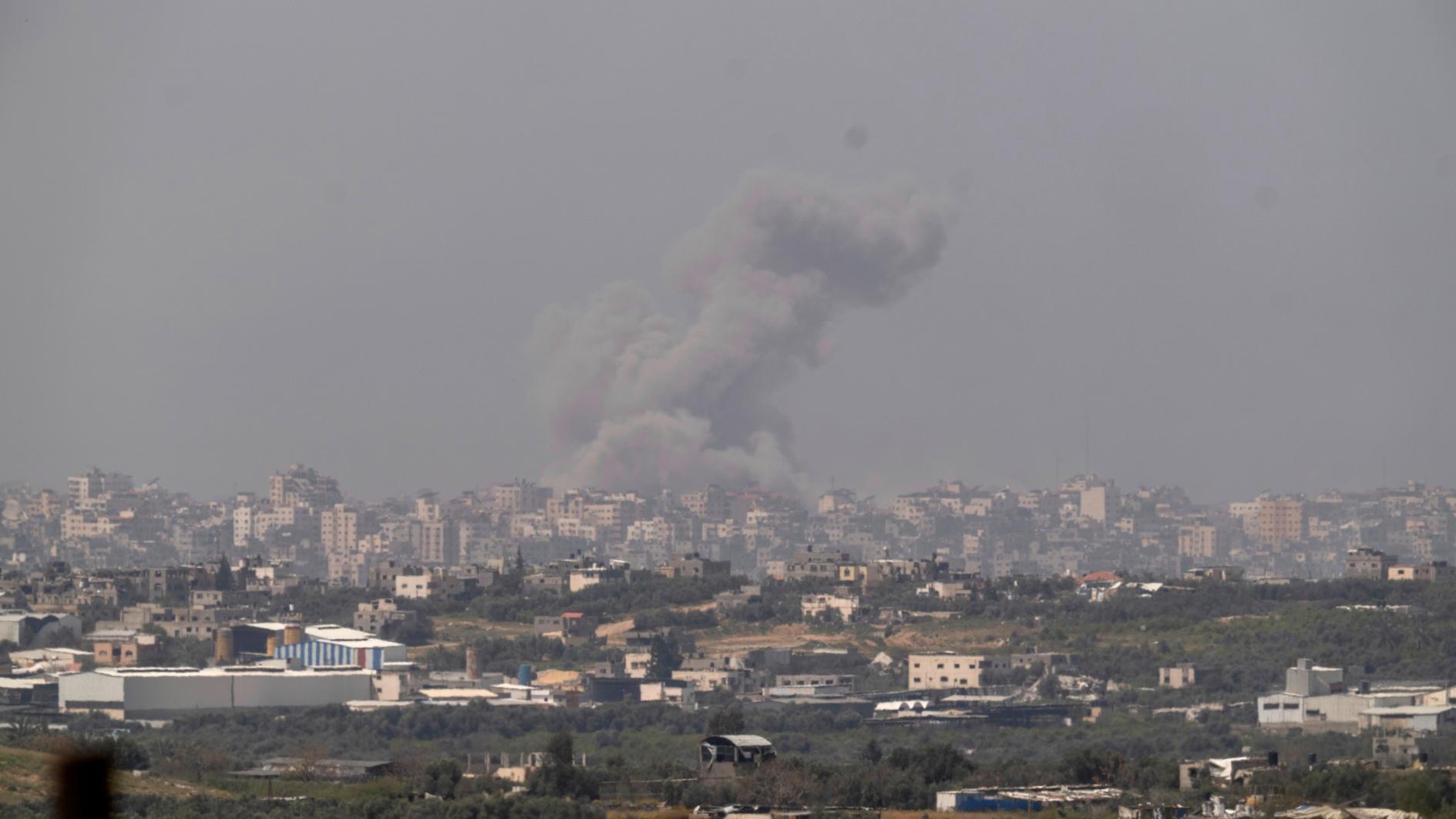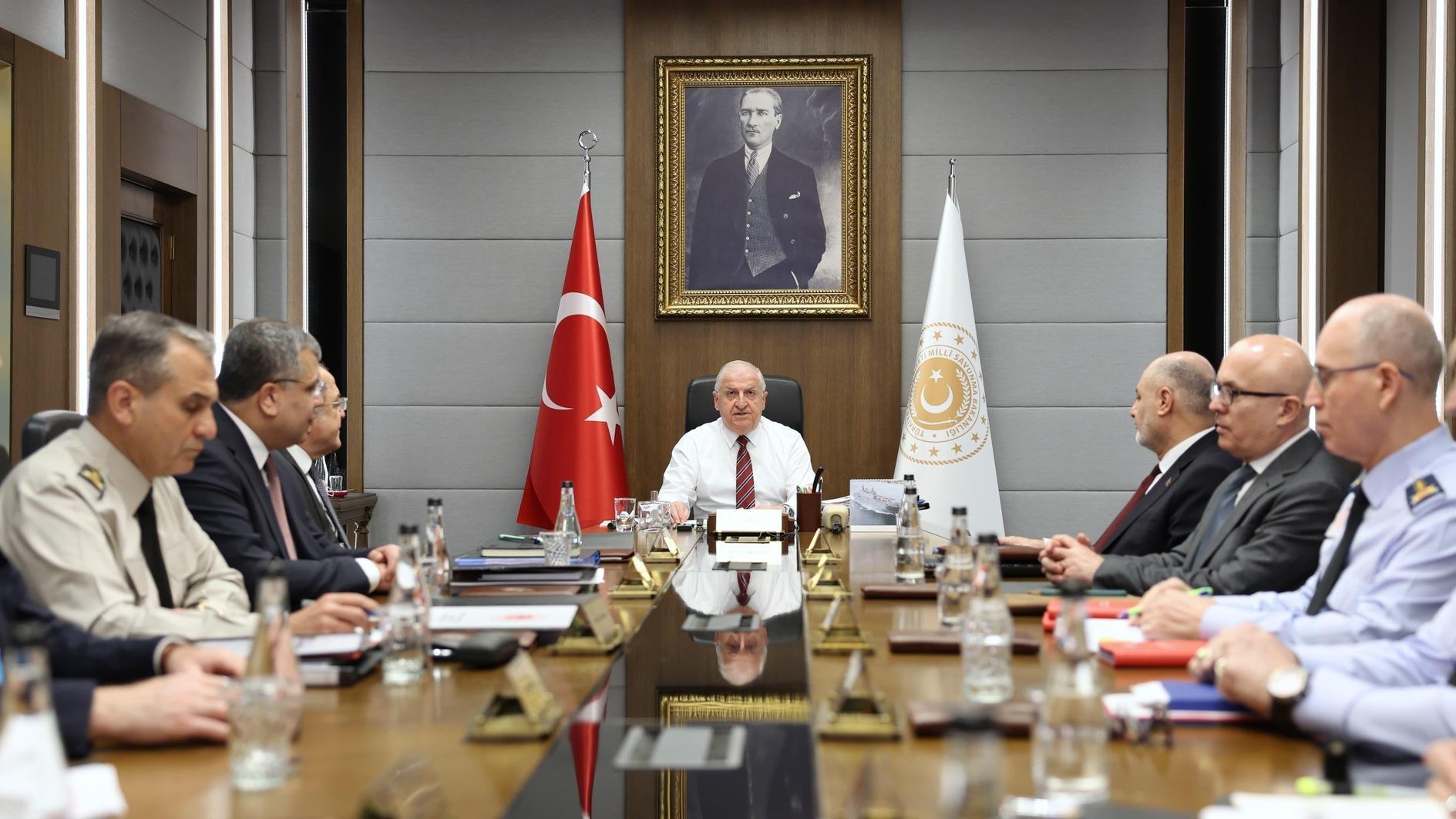Iran scored an own goal at Nevruz
Iranian Parliament Speaker Ali Larijani was bragging on March 13, saying the Turkish government was making “inappropriate statements” and advising it to “be wise.” He even called on Iranian citizens to boycott Turkey.
“There is terror in Turkey. It is not safe. Do not go there for the two-week Nevruz holiday,” Larijani said.
Before that, the Iranian Foreign Ministry also issued a travel warning and told its citizens not to go to Turkey.
Still, people disregarded these warnings. As soon as the Nevruz holiday began, many Iranians were in Van. The rush started on March 18. There were queues at the Kapıköy Border Post. On that day alone, more than 7,000 Iranian tourists entered Turkey for the Nevruz holiday. “Iranians swarmed in. All the hotels were full.
There were no vacancies left,” reported local newspapers. They had headlines praising the “Nevruz boost” in the economy. There were street interviews with shopkeepers in Van about how happy they were because of the influx.
Larijani and his team must have been biting their lips nervously as they watched what was happening.
Van was prepared from days before. The streets were illuminated and decorated with “Welcome” signs in Persian. The number of active desks at the border post was increased from two to four. The staff number was doubled. They were waiting with flowers for the guests.
All this could have gone into the waste basket. But despite their government’s warnings, Iranians did not disappoint us. They packed their suitcases and hit the road for Van.
The convoys were greeted with celebrations at the gate. Tourists were given a microphone to enthusiastically explain why Van was an indispensable destination for their Nevruz holidays. They listed the cuisine of the city, its restaurants, the joy of shopping, the entertainment, the festivals. There was no limit to their happiness. They were hungry for joy, wandering the streets of Van.
“To protect the safety of life of our own people, we have to warn them to be careful,” Larijani had said. The Iranian government also based that on the lie that Iranian citizens were mistreated in Turkey.
None of this stopped the Iranians from coming. They went their own way.
Last year, Van hosted 102,000 Iranians during Nevruz. Officials expect a boost this year, based on early data. What’s more, even though their sports ministry banned it, Iranian skiers recently participated in competitions in Erzurum and Kars. It has been reported that investigations have been launched against these skiers, while wrestlers planning to come to Turkey for competitions were also banned.
In the end, all of Tehran’s statements blew up in their faces. Their threats were gone with the first breeze.
When your bans are not realistic, if they are distanced from the simple facts of life, if they do not correspond to people’s demands and needs, they don’t work.
The governments of Turkey and Iran may be angry at each other. Relations may be tense. But this was not able to stop Iranian tourists from traveling to Turkey.
The Tehran administration was like a dry thunderstorm with no rain. The tourism embargo did not work. It put itself into a position where the word of the government was not listened to by the people.
Was it worth it, imposing a ban for it only to be broken? Was it worth risking the credibility of your words? Was it worth looking like an empty bluffer?











